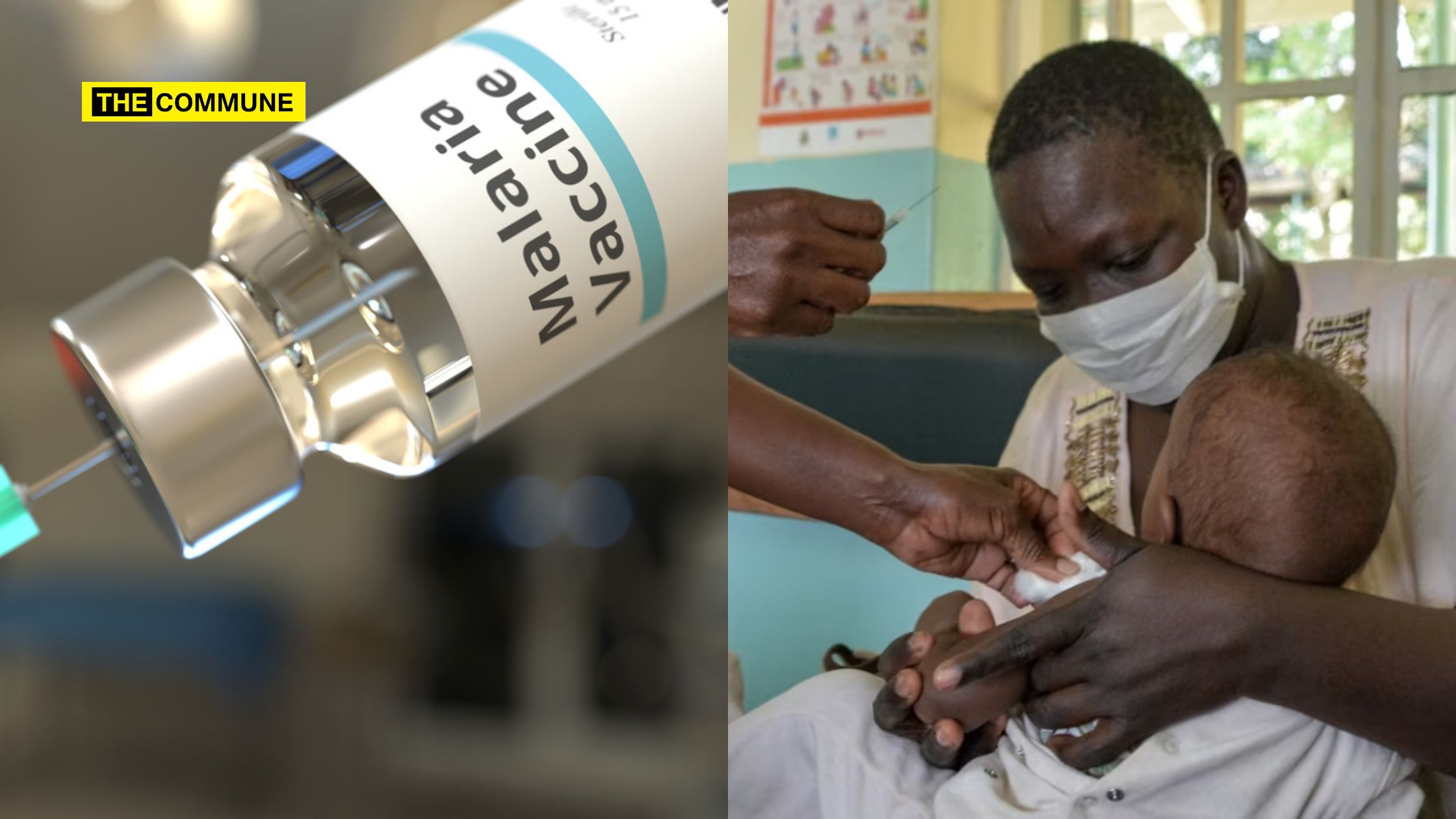
Gavi, the vaccine alliance, revealed on 5 July 2023 that a groundbreaking malaria vaccine will be provided to twelve African nations over the next two years. With malaria being a leading cause of death in Africa, these vaccines are expected to play a crucial role in saving lives.
We’re excited to announce that 12 countries in Africa will be allocated a total of 18 million doses of the world’s first #malaria vaccine over the next two years with Gavi support! https://t.co/W8PS1T9uK7 @WHO @UNICEF @GSK @UNITAID @GlobalFund @MedAccessUK @PATHTweets @USAIDGH
— Gavi, the Vaccine Alliance (@gavi) July 5, 2023
Due to limited initial supply, priority will be given to areas with the highest risk of malaria-related illness and death among children. The delivery process of the vaccine is being overseen by the Framework Implementation Group, which includes representatives from the Africa Centres for Disease Control and Prevention (Africa CDC), UNICEF, WHO, and the Gavi Secretariat, alongside civil society representatives and independent advisors.
Indian Companies To Play A Crucial Role
The manufacturing of the malaria vaccine is being undertaken by Indian companies. Bharat Biotech, the firm which indigenously produced Covaxin during the Covid pandemic, will be supplying the RTS, S/AS01 vaccine in the future. GSK, a British pharmaceutical giant, transferred the manufacturing of the protein component of the vaccine to Bharat Biotech in 2021. GSK had made a commitment to provide the World Health Organization’s (WHO) pilot program with a donation of 10 million vaccine doses. Additionally, the Serum Institute of India (SII) will manufacture and supply the R21/Matrix-M malaria vaccine, which was developed by Oxford University. This vaccine is expected to receive WHO prequalification soon. The government of Ghana granted regulatory approval for the R21/Matrix-M vaccine in April 2023. SII already has the capacity to produce 200 million doses annually. The R21/Matrix-M vaccine is administered to children aged 5 to 36 months and has consistently demonstrated 75% efficacy, meeting WHO standards.
India, known for being the world’s largest manufacturer of low-cost vaccines, plays a crucial role in the production of malaria vaccines. Both Bharat Biotech and SII have been instrumental in India’s fight against COVID-19.
Malaria Vaccination Programmes In Africa
Malaria vaccination programs have already been implemented in Ghana, Kenya, and Malawi, supported by Gavi, the Global Fund to Fight AIDS, Tuberculosis, and Malaria, and the United Nations. Over 1.7 million children in these countries have received the RTS, S/AS01 vaccine since 2019, resulting in a significant reduction in severe malaria cases and related deaths among children.
In addition to Ghana, Kenya, and Malawi, nine more countries have been selected to receive the vaccine. These countries include Burundi, Benin, Burkina Faso, Cameroon, Uganda, the Democratic Republic of the Congo, Niger, Liberia, and Sierra Leone. The vaccine will be introduced into their routine immunization programs for the first time.
The first batch of vaccine doses will be allocated to Gavi through UNICEF, and they are expected to reach the selected countries between October and December 2023. The vaccine rollout is scheduled to commence in early 2024.
Thabani Maphosa, Managing Director of Country Programmes Delivery at Gavi, highlighted the potential impact of the malaria vaccine, emphasizing the need for effective utilization of the available doses. Maphosa stated that the vaccine, when deployed alongside other interventions, has the capacity to prevent tens of thousands of future deaths each year.
Malaria & Its Impact In Africa
Malaria claims the lives of millions of African children under the age of 5 annually. In 2023, Africa accounted for 95% of global malaria cases and deaths, with approximately one million children losing their lives to the disease. Ephrem T Lemango, Associate Director of Immunization at UNICEF, expressed hope that the vaccine rollout would significantly improve the chances of children, particularly in Africa, surviving malaria.
The Director of Immunization, Vaccines, and Biologicals at WHO emphasized the breakthrough nature of the malaria vaccine in improving child health and survival. With high demand and the extensive reach of childhood immunization, the allocation of doses will contribute to equitable access to malaria prevention, ultimately saving many young lives. Efforts will be intensified to increase the vaccine’s supply until all at-risk children have access to it.
(With inputs from OpIndia)
Click here to subscribe to The Commune on Telegram and get the best stories of the day delivered to you personally.



